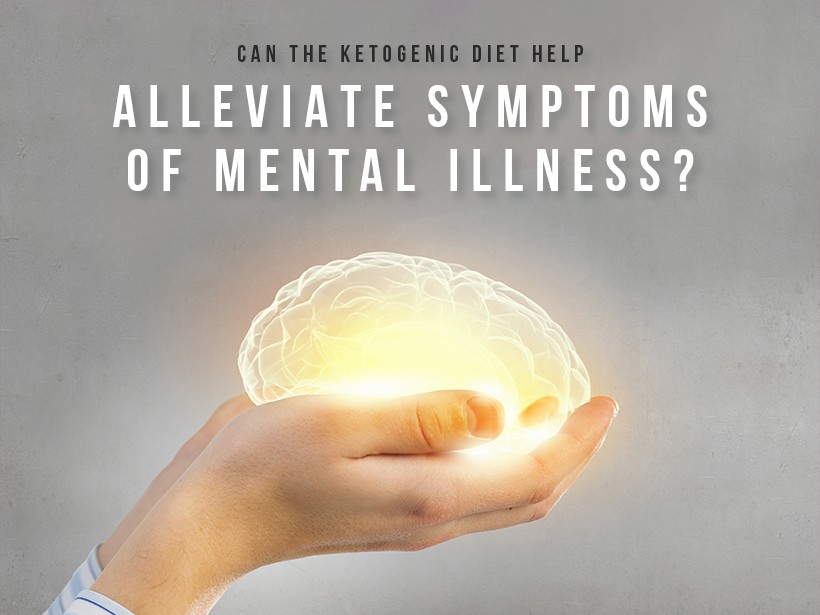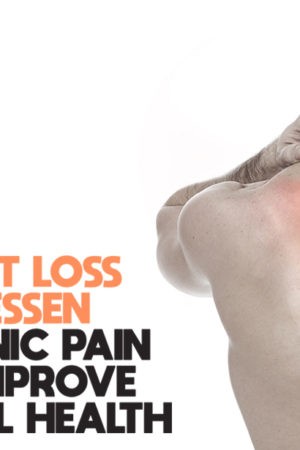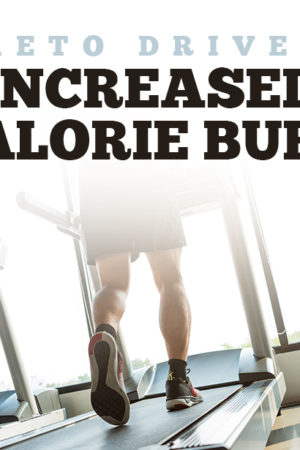It's been used to treat seizures, Parkinson's, and even epilepsy. Now, Australian researchers are raising a new question: “can ketosis help improve mental health as well?” In a new paper authored by the University of Tasmania’s Dr. Emmanuelle Bostock, the researcher suggests that the ketogenic diet may be able to improve the symptoms of mental illness due to the effect that low-carb eating has on the brain.
Glucose's role in the brain
Dr. Bostock's paper, The Current Status of the Ketogenic Diet in Psychiatry, compares a number of case studies in which low-carb eating plans have been investigated for their effects on neurotransmitters. While the body is typically fueled by glucose, consuming extremely low levels of carbohydrates causes this source of energy to be impossible. This induces the creation of “ketones,” derivatives of fat that are used as fuel in both the brain and the body as a whole. Dr. Bostock contends that in addition to aiding in weight loss, the circulation of fat in the brain also has a positive effect on neurotransmitters. A number of studies cited in Dr. Bostock's review found results that indicated that a ketogenic diet had the potential to improve symptoms in a number of mental illnesses, ranging from bipolar disorder to the fight against autism.
An ongoing research effort
The problem with these studies cited in Dr. Bostock's paper is the same one that plagues many investigations into mental illness: reports of improvements are mostly anecdotal. However, the researcher argues that this should not discount the potential link that low-carb eating may have to improved symptoms in the brain. Dr. Bostock noted in the conclusion of his paper that research concerning the potential connection between the ketogenic diet and mental illness is far from complete.
“While improvements seen in anxiety, depression and bipolar disorder may be related to changes in neurotransmitters while on the diet, this is the tip of the iceberg and much more research is needed to clarify the role of the ketogenic diet in mental disorders,” Dr. Bostock explained.1
NUTRITIONAL DISCLAIMER
The content on this website should not be taken as medical advice and you should ALWAYS consult with your doctor before starting any diet or exercise program. We provide nutritional data for our recipes as a courtesy to our readers. We use Total Keto Diet app software to calculate the nutrition and we remove fiber and sugar alcohols, like erythritol, from the total carbohydrate count to get to the net carb count, as they do not affect your blood glucose levels. You should independently calculate nutritional information on your own and not rely on our data. The website or content herein is not intended to cure, prevent, diagnose or treat any disease. This website shall not be liable for adverse reactions or any other outcome resulting from the use of recipes or recommendations on the Website or actions you take as a result. Any action you take is strictly at your own risk.
- Keto Drives Increased Calorie Burn - July 11, 2019
- New High-Protein, Low-Sugar Greek Yogurt Hits Market - April 1, 2019
- Can Going Low-Carb Fight Back Fat? - December 4, 2018































